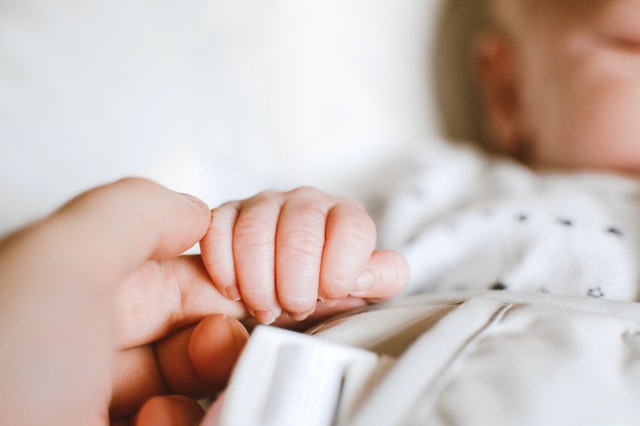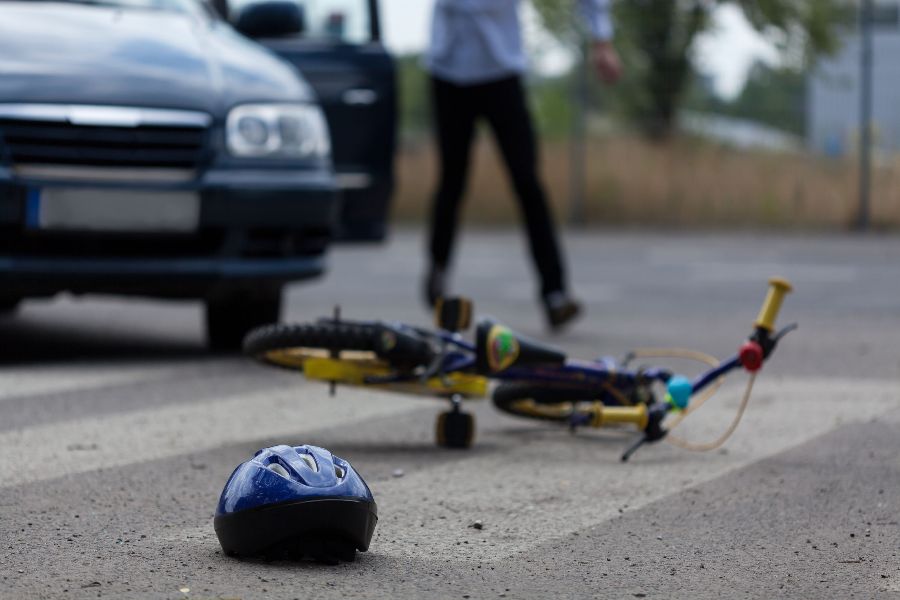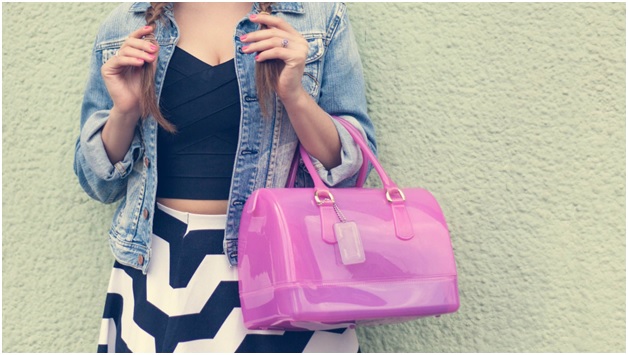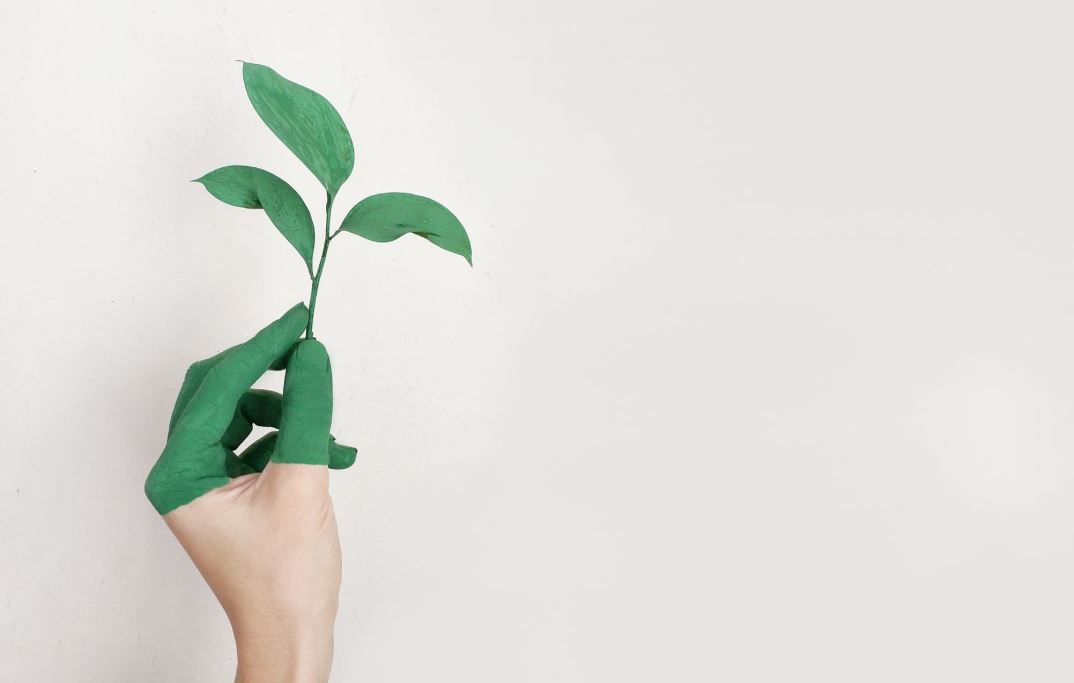When your baby has reached six months of age, it’s highly likely that they’ll be ready to start trying solid foods. Every baby is different, so will reach this milestone as and when they are ready. Babies may take a while to get used to weaning and trying the different tastes and textures, or they could take to weaning straight away. There are multiple different approaches when it comes to weaning – some families swear by baby-led weaning, whereas others are happier leading with spoon-fed purees.
When babies get to six months, they will still be getting most of their nutrition from formula or breastmilk, but milk won’t provide them with everything they need. As your baby grows, they start to need more nutrients and vitamins, and solid foods can provide them with what they need to be healthy. By the time your baby is six months old, they’ll probably show some signs that they are ready for weaning and eating solid foods, such as:
- They can stay sitting in an upright position
- They can hold their head steady
- They can pick up objects and bring them to their mouth
When your baby is ready to start weaning, there are some foods and approaches that are recommended.
Good First Weaning Foods
Once your baby reaches six months of age, they will likely be able to try and eat some of the same foods as the rest of the family. However, it is generally recommended that you start your baby’s weaning journey with fruits and vegetables. These are great food items to start your baby on when it comes to introducing them to solid foods, as they are packed full of nutrients, vitamins and minerals, are soft and easy to eat and are super tasty!
Cooked and cooled vegetables are the best foods to start with, as they allow your baby to get used to the taste and texture of solid foods, without being too sweet. Babies have a naturally sweet tooth and will be more likely to enjoy fruits, but vegetables are packed full of nutrients and vitamins that your baby needs as they grow.
Try vegetables such as broccoli, cauliflower, parsnip, carrot, courgette, butternut squash and sweet potatoes, cooked and mashed into a smooth puree. As your baby gets older and more confident with weaning, or if you’re trying the baby-led weaning approach, you can give them well-cooked florets of broccoli and cauliflower, or chunks of sweet potato and butternut squash.
Once you’ve introduced vegetables, you can also start giving your baby soft fruits, too. Things such as melon, peach, banana, avocado, strawberries and orange segments are good ones to start with, as they can be cut into chunky pieces for your baby to grab, or blitzed up to create a tasty smooth puree.
When you start the weaning process with your baby, you’ll notice that they likely don’t eat much of what you provide. The first few months of weaning are about getting your baby used to putting food in their mouths and eating solid foods, so don’t worry if it looks like they’re not eating much. As your baby will still be having milk, baby rice or porridge mixed with their usual milk is a great option for the baby’s first foods. These cereals are often fortified with the nutrients they need, such as iron, which is important for their growth and development.
Other Foods To Give From Six Months
It’s good to start introducing your baby to different foods from six months so that they can start getting used to the different foods, tastes and textures, as well as giving them a balanced and varied diet. Choose foods rich in protein, fibre and nutrients. Other foods which you can give from six months include:
- Starchy foods such as bread, toast, pasta, potatoes, rice, couscous and quinoa.
- Soft cooked meats, poultry and fish. Make sure that all bones are removed and the meat is cooked thoroughly.
- Hard-boiled eggs, if the eggs are stamped with the red British Lion Quality stamp, then these eggs can be served soft boiled or runny, but if there is no stamp, ensure they are cooked through.
- Full-Fat Dairy Products. You should avoid giving your baby cow’s milk to drink until they are over a year old, but dairy products such as yoghurt, cheese, custard and fromage frais are fine to serve from six months.
Foods To Avoid
There are some foods and drinks which are best avoided when your baby starts weaning. These foods include:
- Honey. Your baby shouldn’t consume honey until they are at least one years old. Honey can contain a type of bacteria that can be especially harmful to babies under one.
- Whole nuts. Nut products, such as nut butters, can be given to your baby from six months old, but you should avoid giving your baby whole nuts until they are around five years old. Nuts pose a choking hazard for younger children, so are best to be avoided for now.
- Certain cheeses. Cheeses that are made from unpasteurised milk can potentially give your baby food poisoning. Avoid giving your baby mould-ripened cheeses, such as camembert or brie, or blue-veined cheeses, unless they are fully cooked.
- Sugary drinks. Flavoured milks, squash and fizzy sodas are bad for your baby’s delicate milk teeth and can help your child develop a sweet tooth. Be wary of drinks sold as “juice drinks” or “fruit drinks” as these often contain a lot of sugar, and very little in terms of nutritional value.
Handy Tools
Weaning can get very messy, very fast. Luckily, there are some fantastic weaning tools available to make the journey easier for both you and your baby. Baby led weaning can mean that each and every mealtime becomes messy, so invest in some coverall bibs to protect your baby’s clothes from stains and spills, whilst also making the clean up easier for you after mealtimes.
Baby cutlery is designed to be fit in baby’s hands and are small enough for their mouths, so these can make it easier for your baby to get used to feeding themselves with cutlery. You might find that, at first, you give your baby small bits of food on their highchair tray, but it might also be worth investing in some bowls or plates, too.





